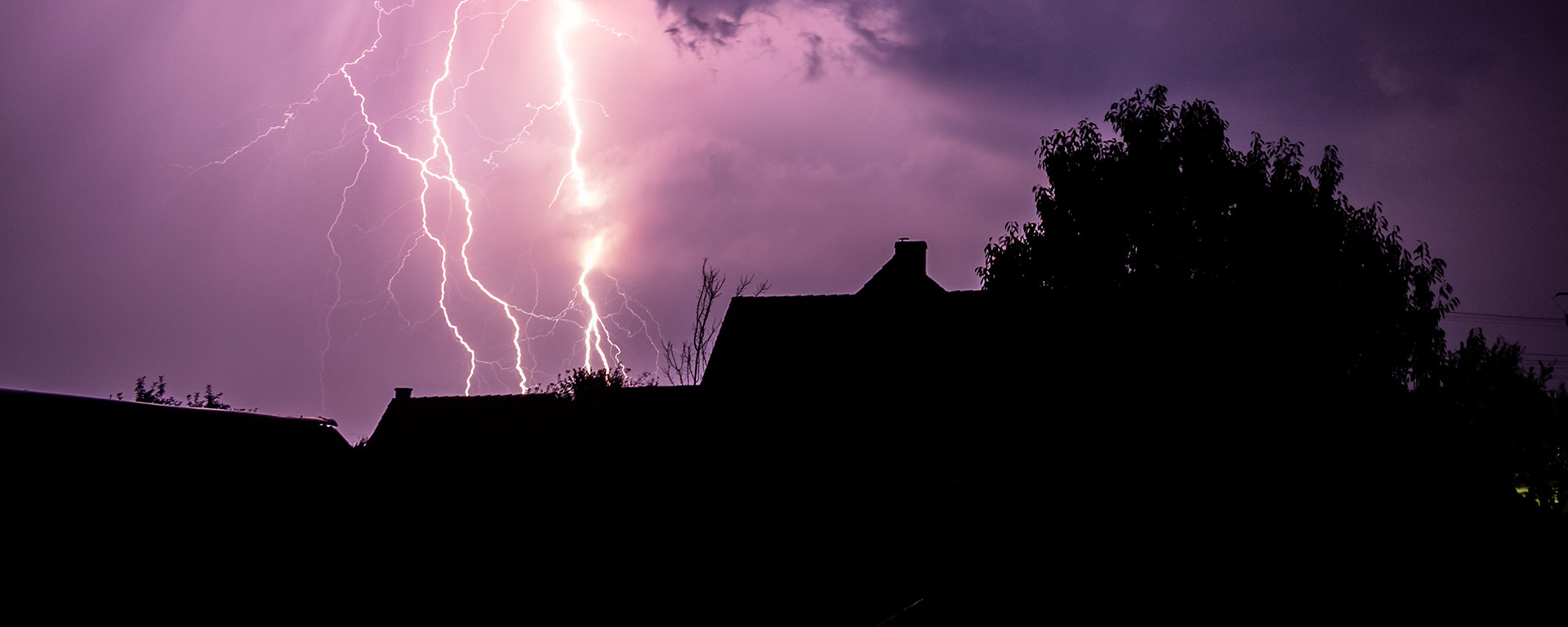
Spring storm preparedness season
We know it seems like we just got used to the colder weather, but Spring is already around the corner! Before allergy season rolls in at full force, now is a good time to get ahead of the weather that usually comes with Springtime.
Here are some tips that you can implement to ensure you’re all set for those April showers and May flowers.
Check the gutters
Winter debris commonly accumulates during the cold months which typically results in clogged gutters. If left unattended, this can result in water damage to your roof. Make sure your gutters are securely attached to your home and keep gutters clear to ensure proper drainage.
Prepare an emergency kit
As the saying goes, stay prepared so you don’t need to get prepared. Depending on what area you’re in, preparing for spring storms should be top of mind. Things to include should be non-perishable foods and water bottles to last 3-5 days minimum, important prescription and non-prescription medicines, and any first aid supplies. Blankets and warm clothing, along with personal hygiene products are also highly recommended.
If you have a pet, make sure you have a spring storm emergency kit prepared for them as well with things like food, medications, and extra layers in case it gets too cold.
You should also have a working fire extinguisher, flashlight, and rechargeables handy.
Windows, doors, and roofing
Make sure that all your windows, roof, and doors are sealed and updated. Even the slightest cracks can lead to weather damage if not addressed properly. Using a flashlight, take a walk around your property and thoroughly examine all areas that may need attention.
Trim and prune landscape
Did you know that trees are one of the top causes of damage after a storm? Hire a professional or pull out the ladder to remove any potential dangers, like dead branches and overgrowth. Trim the excess, especially if your landscape is exposed to power lines.
Have an emergency plan
- Stay informed. Know your electrical company’s phone number to report outages and listen for updates. If you don’t have a battery-operated radio, it might be wise to have one in case of emergency.
- Use a cooler for essential foods and have ice on standby to save any perishable items.
- Disconnect. If you have an electric garage door opener, be sure to disconnect it before you get stuck in the dark.
- It’s always a good idea to have spare batteries on hand.
- Think like you’re camping. Either get a camp stove (always use it outside) or use the grill to cook if you’ve lost power.
- Keep your cell phone charged at all times in case the power goes out.
Let the experts help execute your preparedness plan with the protection of AFI’s Umbrella Insurance, which includes coverage above and beyond your homeowner, personal liability, and auto insurance. Protect nearly everything else with AFI insurance products. Learn more here.